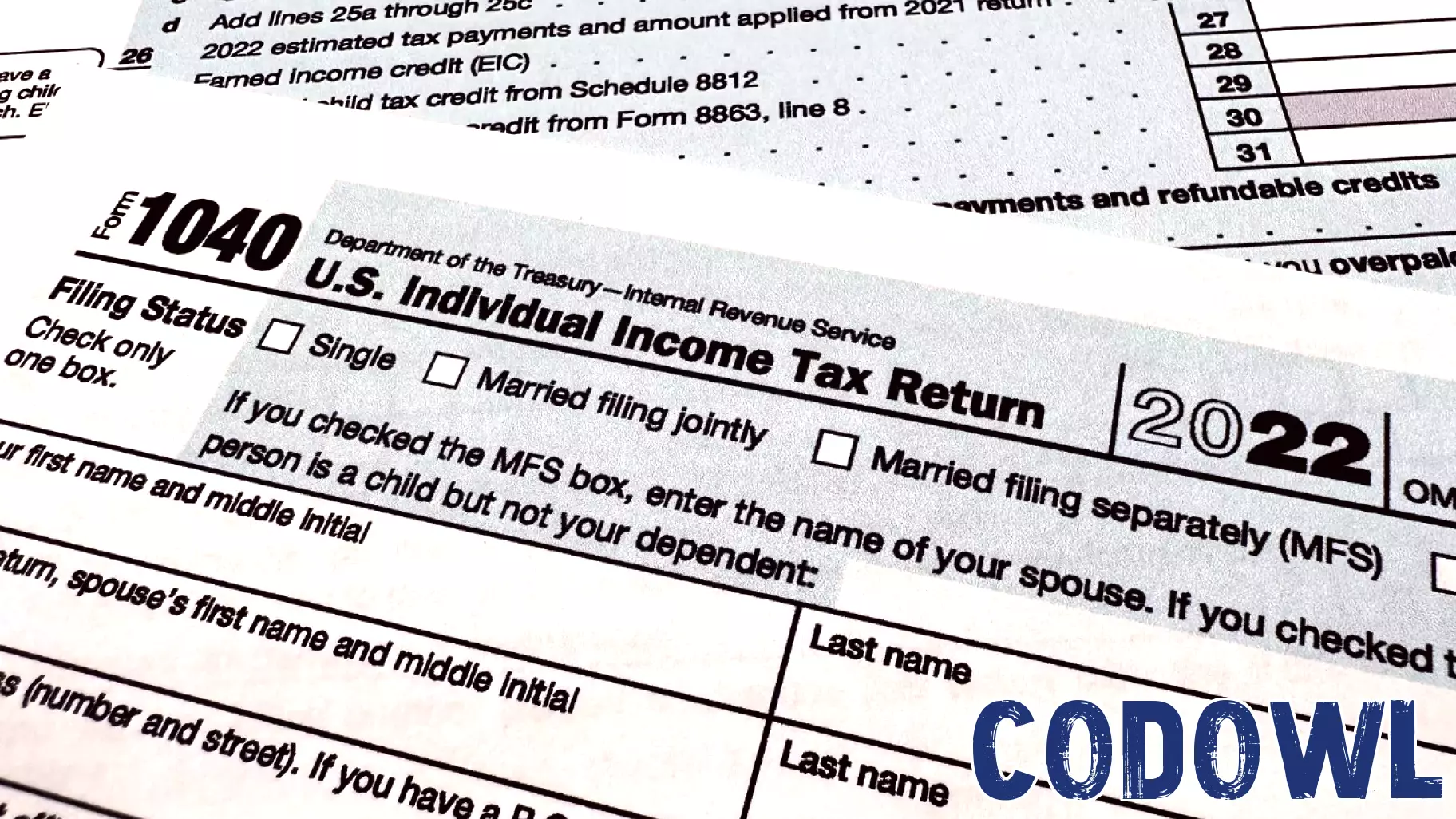A Tech-Driven Solution to America’s Tax Gap
December 22, 2024 - 01:39

Closing the tax gap in the United States, which is estimated to be a staggering trillion dollars, necessitates a strategic shift towards technology-driven solutions. Leveraging artificial intelligence (AI) can play a pivotal role in this endeavor by streamlining tax compliance and enhancing the efficiency of tax collection processes.
AI can analyze vast amounts of data to identify patterns and anomalies that may indicate tax evasion or underreporting. By automating routine tasks, AI allows tax professionals to focus their efforts on more complex cases that require human judgment and expertise. This tech-first approach not only increases accuracy in tax assessments but also reduces the burden on taxpayers and tax authorities alike.
Furthermore, implementing AI tools can facilitate better communication and transparency between taxpayers and the IRS, fostering a culture of compliance. As technology continues to evolve, it presents a unique opportunity to bridge the gap between what is owed and what is collected, ultimately contributing to a more equitable tax system.
MORE NEWS

January 29, 2026 - 01:54
Synergy Unveils Machine-Learning Power Amp TechnologyA groundbreaking new amplifier technology is set to challenge the long-standing divide between digital convenience and analog warmth. At the 2026 NAMM Show, Synergy will unveil its patent-protected...

January 28, 2026 - 00:37
OpenAI’s latest product let’s you vibe code scienceOpenAI has launched a new, freely available artificial intelligence tool designed specifically for the scientific community. The model, named Prism, integrates the capabilities of ChatGPT directly...

January 27, 2026 - 05:33
Inside OpenAI’s big play for scienceIn a significant strategic expansion, OpenAI has formed a dedicated `AI for Science` division, signaling a profound commitment to leveraging artificial intelligence as a tool for fundamental...

January 26, 2026 - 07:10
2026 Hill Prizes for Texas science, technology, health announcedSeven of Texas’s most brilliant scientific minds have been named recipients of the prestigious 2026 Hill Prizes, each receiving a transformative $500,000 award. The prizes, a collaboration...